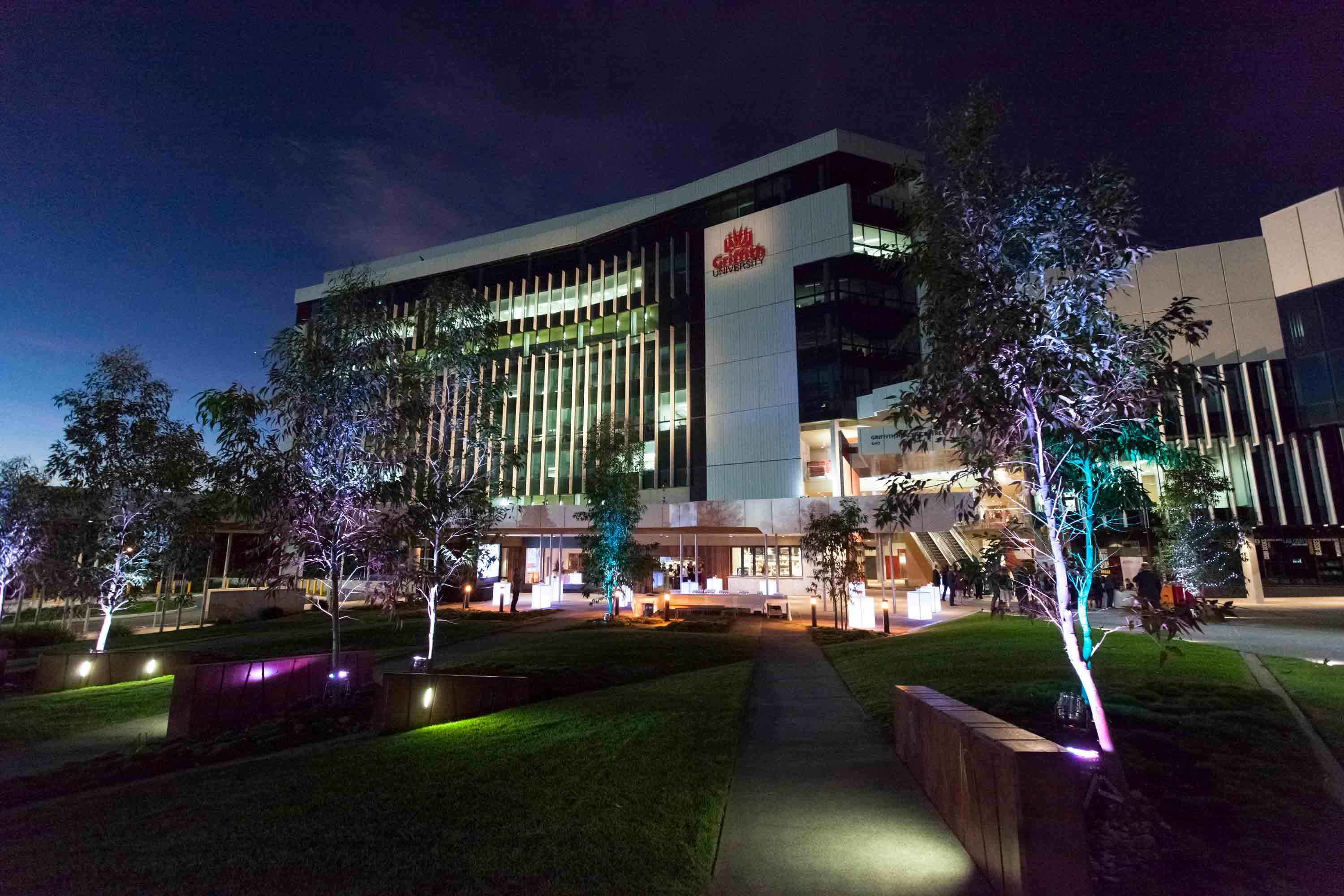
Principal speaker
Associate Professor James Fraser
Other speakers
Dr Martina Sanderson-Smith
Menzies Health Institute Queensland Program Seminar Series
Infectious Diseases & Immunology
Topic: Microbes in Medicine and Research - Host: Professor Glen Ulett
Abstracts -
Assoc Prof James Fraser - An unfortunate tale of epigenetic regulation of virulence in Cryptococcus neoformans
Virulence of Cryptococcus neoformans is regulated by a range of transcription factors, and is also influenced by the acquisition of adaptive mutations during infection. Beyond the temporal regulation of virulence factor production by transcription factors and these permanent microevolutionary changes, heritable epigenetic modifications such as histone acetylation and deacetylation also play a role during infection. Beginning with the first comprehensive analysis of the sirtuin class of NAD+ dependent histone deacetylases in the phylum Basidiomycota, we have identified and characterized five sirtuins encoded in the C. neoformans genome. While some play a role in virulence, the most intriguing phenotype was the repeated inability to complement mutant phenotypes through the reintroduction of the wild-type gene, suggesting lost epigenetic memory could not be restored in this class of mutant. Remarkably, we have been acquired support of this model from an unexpected source. Analysis of a collection of type strain H99 subcultures from the Cryptococcus research community revealed that the most commonly used strains belong to a highly compromised hypervirulent and pleiotropic mutant lineage lacking a component of the SAGA actyltransferase complex. Analysis of clinical isolates identified loss of function SGF29 mutations in C. neoformans strains infecting two of fourteen patients, demonstrating parallels between in vitro and in vivo microevolution for hypervirulence in this important pathogen.
Dr Martina Sanderson-Smith - Immune cell death during group A streptococcal infection: Inflammatory consequences and therapeutic potential
Infections caused by group A Streptococcus (GAS) are characterized by robust inflammatory responses and can rapidly lead to life-threatening disease manifestations. However, host mechanisms that respond to GAS, which may influence disease pathology, are understudied.
GAS infection is recognized by multiple extracellular and intracellular receptors and activates cell signalling via discrete pathways. GAS induces divergent phagocyte programmed cell death responses and has inflammatory implications. Examination of host interactions with GAS and consequences of GAS infection in the context programmed cell death mechanisms highlights potential avenues for diagnostic and therapeutic intervention. Understanding the molecular and cellular basis of host symptoms during severe GAS disease will assist the development of improved treatment regimens for this formidable pathogen.
Biographies -
Assoc Prof James Fraser completed his PhD at the University of Melbourne studying nitrogen-mediated gene regulation in the mould Aspergillus nidulans. He then joined the group of Joseph Heitman at Duke University as a postdoctoral fellow, where he studied the evolution of mating type in the human fungal pathogen Cryptococcus neoformans. Since founding the Fungal Pathogenesis Laboratory at the University of Queensland in 2006 his research has focussed on purine metabolism as an antifungal target, and the role microevolution plays in making C. neoformans a more effective pathogen.
Dr Martina Sanderson-Smith obtained a PhD in Molecular Microbiology from the University of Wollongong (UOW). Subsequently, she was awarded an Alexander von Humboldt Fellowship to undertake research at the Helmholtz Centre for Infection Research, Germany. Martina returned to UOW as an NHMRC Career Development Fellow in 2009 and is currently a Senior Research Fellow in the Illawarra Health and Medical Research Institute, where she also serves as a Scientific Theme Leader. Martina's research is focused on virulence mechanisms of the human pathogen Streptococcus pyogenes, with specific interests in interactions between S. pyogenes and the host fibrinolytic system, mechanisms of innate immune resistance, host susceptibility to infection and biofilm formation.
RSVP -
Please RSVP here
https://docs.google.com/forms/d/e/1FAIpQLSfX3VqD-YyTZ_e4aUKnRUnXo5AJejsDrCWRDoL-CHEXjvqUyQ/viewform
This is for catering purposes.
Seminar Flyer -
Download the flyer for this seminar here
https://drive.google.com/file/d/1RXyqN15qRa0W1839VZf_5iOVpjlbu6vc/view?usp=sharing
Event categories
RSVP
RSVP on or before Tuesday 17 April 2018 , by email mhiq@griffith.edu.au , or by phone (07) 5678 0907